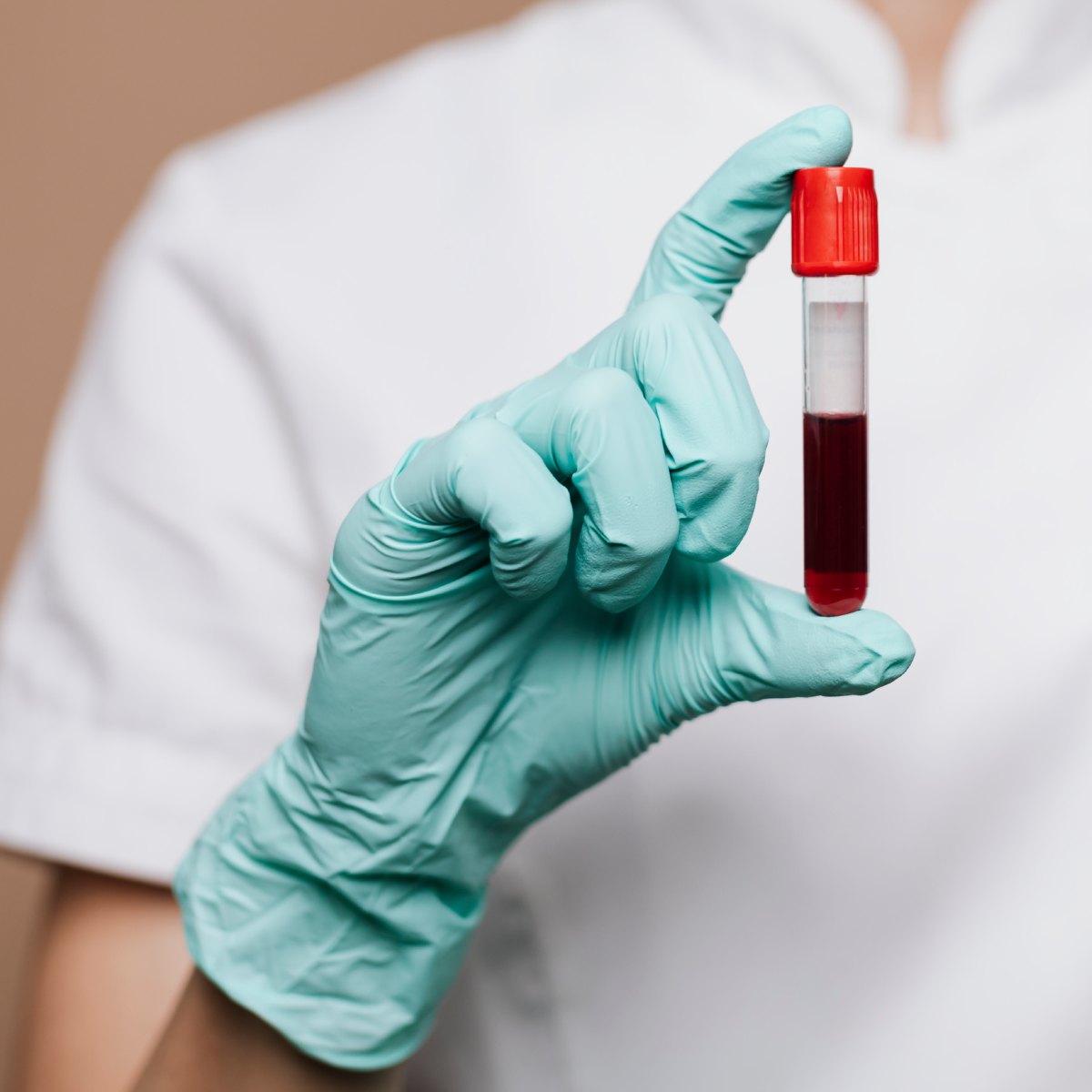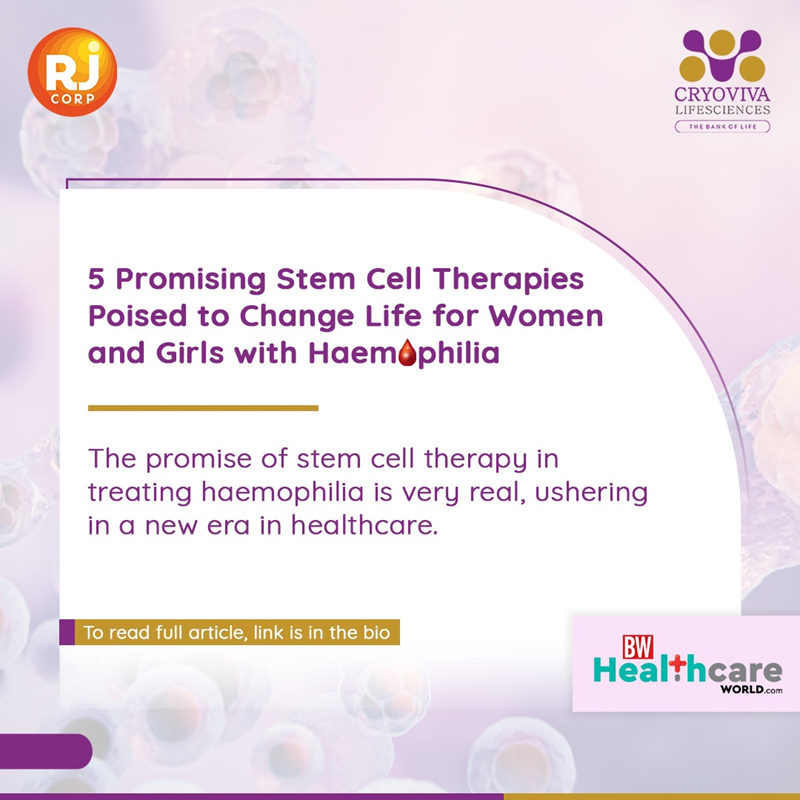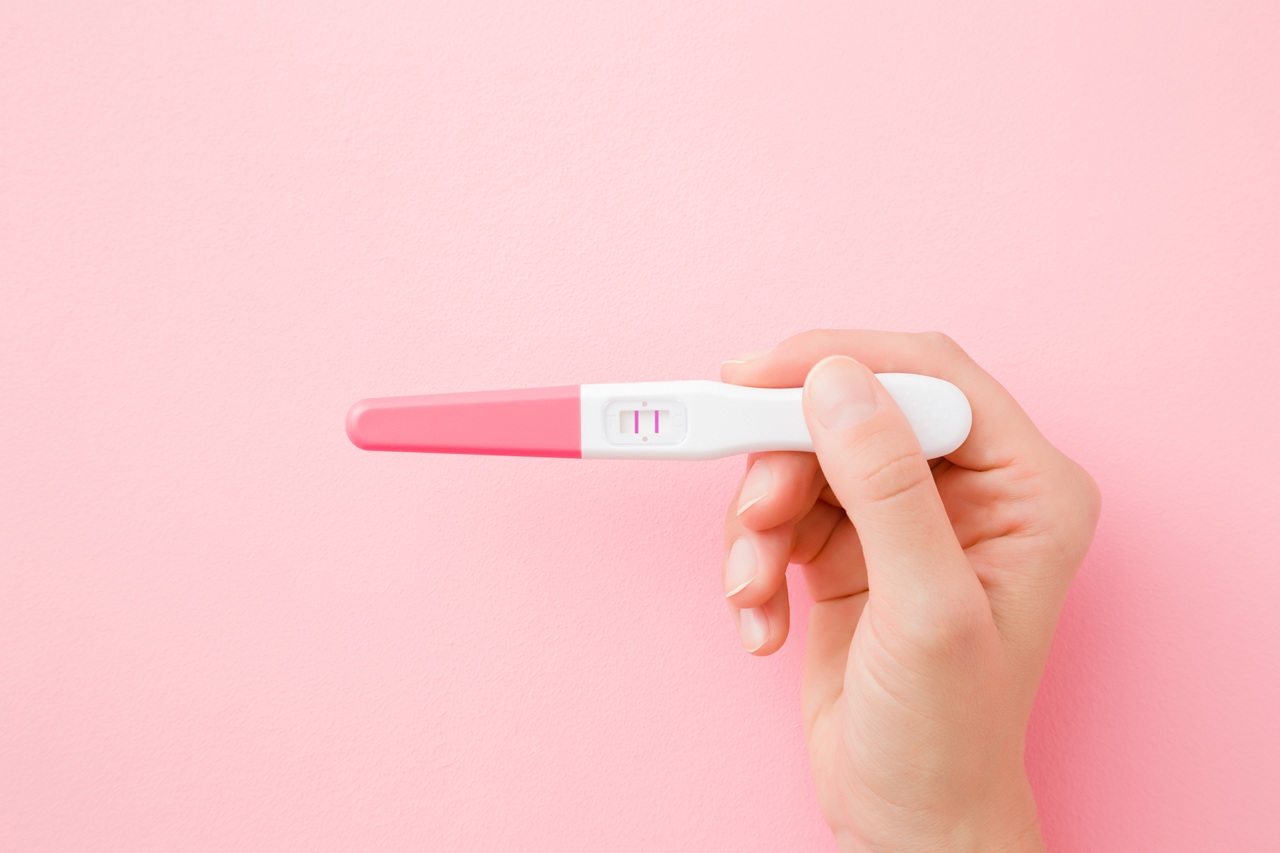Facts About Private Cord Blood Banking

Cord blood refers to a baby's blood that remains in the umbilical cord or placenta after birth. Cord blood banks store this blood until a genetically compatible recipient needs a transplant. Parents can choose during pregnancy whether to have their baby’s cord blood collected after birth. The collection process does not harm the newborn or the birthing parent.
Both private and public banking options are available. Families may choose private banking for various reasons. Here, we will explore key facts about private cord blood banking, including its purpose, process, and cost.
What Is a Private Cord Blood Bank?
Private cord blood banks, also known as family banks, collect and store umbilical cord blood for future use by the child or an immediate family member. The stored blood belongs to the parents and can be used for either personal (autologous) or family-directed transplants.
Here are some leading cord blood banking benefits:
- Intended Use
Private cord blood banking offers a valuable resource for treating various medical conditions, including blood disorders, cancers, immune system diseases, and metabolic conditions. Unlike public banks, private banks also store mesenchymal stem cells (MSCs) found in cord tissue, which have promising potential in regenerative medicine for conditions like spinal cord injuries, heart disease, and neurological disorders.
One of the key benefits of private banking is autologous stem cell transplants, where a child can use their own stem cells if needed for treatments such as Hodgkin’s lymphoma, myeloma, and testicular cancer. Additionally, storing cord blood privately ensures readily available, genetically matched stem cells for family members, increasing the chances of a successful transplant. While some experts point out that certain genetic conditions may limit the use of one’s own cells, private banking still provides an extra layer of security and medical preparedness for future treatments.
- Collection Procedure
Once parents enroll and pay an initial fee, they receive a collection kit containing medical supplies and detailed instructions for healthcare providers. Some private banks also arrange for courier services to collect the kit directly from the hospital, making sure that the sample reaches the lab in optimal condition.
Private banks conduct rigorous testing on maternal blood, cord blood, and cord tissue to confirm that sufficient stem cells are present and free from disease or contamination. Choosing an FDA-registered and AABB-accredited cord blood bank guarantees compliance with the highest safety and quality standards.
- Compatibility: A Lifelong Health Investment
One of the biggest advantages of private cord blood banking is having a guaranteed and genetically matched stem cell supply for your child or family members. There is a 75% chance of compatibility among siblings, enormously improving the likelihood of finding a match if a transplant is ever needed. As families grow, having a personalized stem cell resource becomes an invaluable asset for future medical advancements.
Bottom Line
If you are thinking, is private cord blood banking worth it? Then, the answer is a big yes. Cord blood banking provides access to stem cells that can potentially treat various illnesses, especially in children and young adults. Expecting parents should decide whether to donate or preserve their baby’s cord blood and understand the eligibility criteria.
Consulting a doctor can help weigh the benefits and limitations, particularly if a family member has a condition that could require stem cell therapy. To explore cord blood banking costs and options in India, visit Cryoviva India.






 Enquiry
Enquiry
 Email
Email Phone
Phone
 Whatsapp
Whatsapp